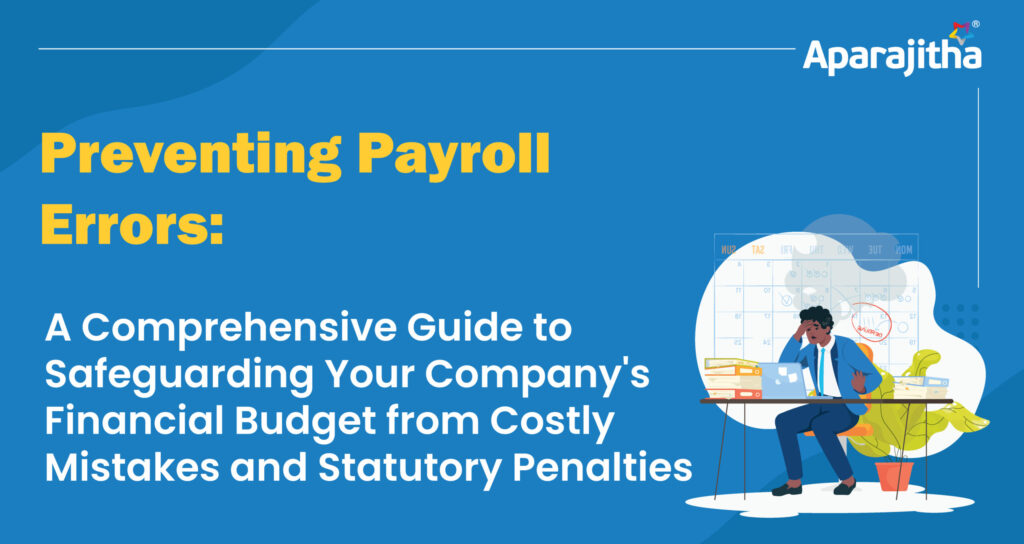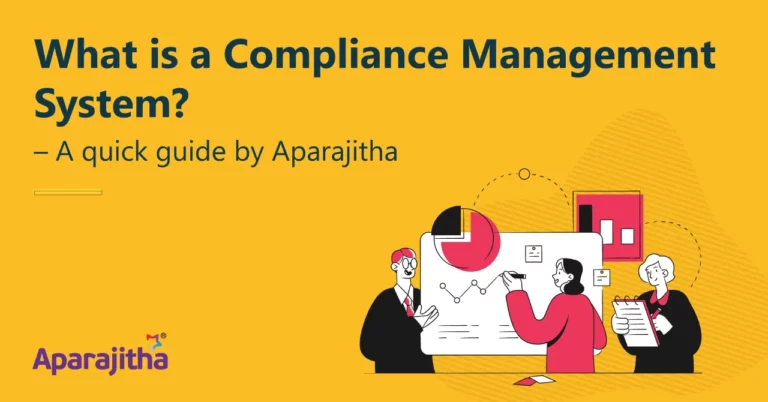The most valuable assets that a Company can own are its reputation and the goodwill amongst society, stakeholders, and the general public. The reputation of a company cannot simply be bought with money. However, by ensuring that a Company undertakes and complies with all the regulatory compliances, is a contributory member of society, and is sustainable, amongst other factors, the reputation of the Company can be safeguarded and used to enhance the Company’s financials.
One of the key factors, among the aforementioned factors, is Payroll Management. The employees of any Company are its pillars of strength, and to ensure their well–being and their adequate compensation is of utmost importance. In the normal course, many companies are only focused on the results it is yielding. However, they pay very little attention to the employees, who are the key players in yielding these numbers.
Ensuring that the employees are well compensated encompasses various factors, which include the salary component, government beneficiary schemes, medical insurance, leave wages, working conditions, etc. Along with obtaining employee satisfaction, a Company also ensures that the statutory requirements envisaged under beneficial legislation are also fulfilled by doing so. Satisfied employees tend to be more productive, and this ultimately improves the quality of the results as well as the reputation a Company holds in society, who are the ultimate stakeholders in the success of any Company.
Having in place an efficient Payroll Management system eliminates various risks, which are as follows:
- Statutory compliances – A company, in terms of labour laws and income tax laws, would be compliant and would eliminate any risks concerned with non–payment of statutory dues. This would further eliminate any unforeseen litigation risks and
- Administrative ease – A company has limited resources, and ensuring a well-organized payroll management system ensures that the limited resources of a Company are put to their best and full utilization.
- Managing Finances – The Payroll Management System ensures that the finances of the Company are only invested in the betterment of the Company instead of paying penalties, which might be levied by authorities for non-compliance with statutory regulations.
However, as the trend of a Payroll Management System is gaining momentum, a huge percentage of Companies still follow the age-old system of payroll, which leads to the following mistakes:
Common Mistakes
Improper calculation of pay and allowances
The possible causes of improper calculation of pay and allowances vary between incorrect Master update regarding both personal and payroll details of employees, incorrect updating of applicable statutory deductions including income tax provisions, incorrect input data in terms of attendance and other deductions, manual error, failure to reconcile and validate the output regularly. It has been observed that in usual practice, due to manual processing of the payrolls, the frequency of these errors is higher, and that results in additional work.
No system for tracking employee hours and overtime
Companies that are still following manual methods of record maintenance towards attendance and overtime work can face an issue of tracking employee hours and overtime. In such cases, switching to a digitalised version of attendance would ensure that the exact working hours are recorded.
Unorganised system of documentation and record maintenance
Using conventional types of register and record maintenance and thereby failing to leverage technological advancement can result in loss of data and more expense on resources for maintenance of records.
Statutory compliances and requirements
The world is changing dynamically, and so are the laws. These laws affect employment, taxation, etc. A compliance manager or an HR manager needs to ensure complete knowledge with regards to payment to employees, and in case there is any scope of inadequate knowledge in alignment with dynamic changes and transfer of same to the tool, it can result in mismanagement in the payroll system.
Under or over-valuation of the resources and talent pool
Due to improper maintenance of records, companies had difficulty in allocating the right job to the right person, evaluating the performance of the employees as well as training. In such cases, systematically maintaining the data regarding employee qualification and its corresponding pay would benefit the Company financially in the long run.
Conclusion
In the long run, for a Company to benefit financially as well as ensure the quality of the employees, it would be essential to update the payroll system with the modern times.
For a small-scale establishment, conventional methods might be sustained temporarily. However, larger companies find it a necessity to have a properly organized payroll system in place.
This would ensure that the Company resources do not get engaged in rectifying the mistakes or stick to arduous long hours of data entry, and a centralised system would keep the data safe in the long run.







